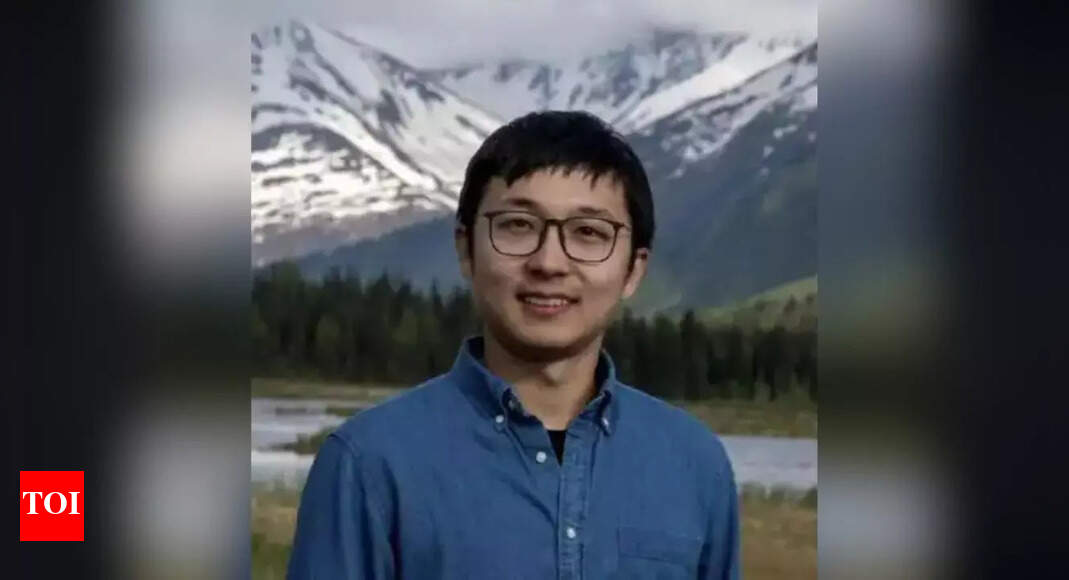
Not every breakthrough begins with a bang. Some unfold quietly, in classrooms, research labs, and long hours behind dimly lit screens. Shengjia Zhao’s story is one of those quiet revolutions. Long before he was chosen to lead Meta’s Superintelligence Lab, Zhao was quietly asking the kinds of questions that now drive the future of artificial intelligence: How does intelligence arise? Can we teach machines to reason, not just react?In a time when tech leadership is often louder than the science behind it, Zhao’s rise feels like a return to something more grounded, more intellectual. His path to Meta didn’t ride on charisma or corporate theatrics; it followed the steady hum of ideas, research, and a disciplined curiosity about cognition itself.
Computer science at Tsinghua: Where the foundations were laid
Zhao’s academic journey began at Tsinghua University, often dubbed the “MIT of China.” There, he studied computer science, but not in the utilitarian sense of coding for jobs. Instead, he treated it as an exploratory tool, a way to study intelligence through logic, architecture, and algorithms. His interest wasn’t in building apps or launching startups. He was after something deeper: Understanding how intelligent behaviour could be reproduced in machines.Tsinghua shaped his analytical rigor, but it also instilled a deep respect for abstraction. Zhao didn’t just want answers; he wanted to know which questions mattered most.
An academic detour that widened the lens
While still an undergraduate, Zhao spent a brief but formative semester at Rice University in the United States. It wasn’t the prestige of the institution that changed him—it was the shift in intellectual climate. He was exposed to different teaching methods, broader academic debates, and new ways of thinking about problems. The contrast sharpened his perspective and helped him see AI not just as engineering, but as philosophy in disguise.
Stanford: The making of an AI theorist
After earning his undergraduate degree in computer science from Tsinghua University and completing a brief academic stint at Rice University, Zhao pursued a PhD in Computer Science at Stanford University—a period that proved transformative.At Stanford, he didn’t just study machine learning; he reshaped how others thought about it. His doctoral research focused on the theoretical principles of machine learning, algorithmic fairness, and AI alignment, fields that are now considered crucial for building safe and transparent AI systems. Zhao’s PhD work was distinguished by its philosophical depth and mathematical rigor—hallmarks of a mind not just building systems, but questioning their purpose and limitations.During his time at Stanford, he authored a series of influential papers that bridged technical innovation with ethical introspection. Whether it was probing how reinforcement learning models made decisions or exploring the limitations of black-box neural networks, Zhao’s research carried an urgency that extended far beyond academic circles.It was this fusion of intellect and integrity that would eventually draw the attention of OpenAI—and later, Meta.
A silent force at OpenAI
After Stanford, Zhao joined OpenAI, where he contributed to the development and safety of systems like GPT-4. He wasn’t the face of the project, but those in the know recognized his influence. He helped shape some of the most complex discussions around model alignment, interpretability, and bias control. While others championed product launches, Zhao stayed focused on foundational AI safety—a theme that has defined his career.
Why Meta turned to him
When Meta set out to launch its Superintelligence Lab in 2025, it needed more than just engineering prowess—it needed philosophical clarity. Zhao was the natural choice. His academic depth, low-profile brilliance, and obsession with safe, interpretable AI positioned him uniquely to guide one of the most ambitious tech projects of this decade.Zhao’s leadership signals a subtle shift at Meta—from speed to scrutiny, from noise to nuance. His appointment marks a return to serious, research-driven thinking in a field increasingly overshadowed by spectacle.
Still a student at heart
Even now, Zhao insists he is still learning. Though he heads one of the world’s most cutting-edge AI labs, he remains a humble student of intelligence itself. It all started with computer science at Tsinghua—but for Zhao, that subject was never the end goal. It was the beginning of a lifelong journey to understand minds, both natural and artificial.And in that quiet pursuit, he may be defining the future more powerfully than anyone else in his field.








